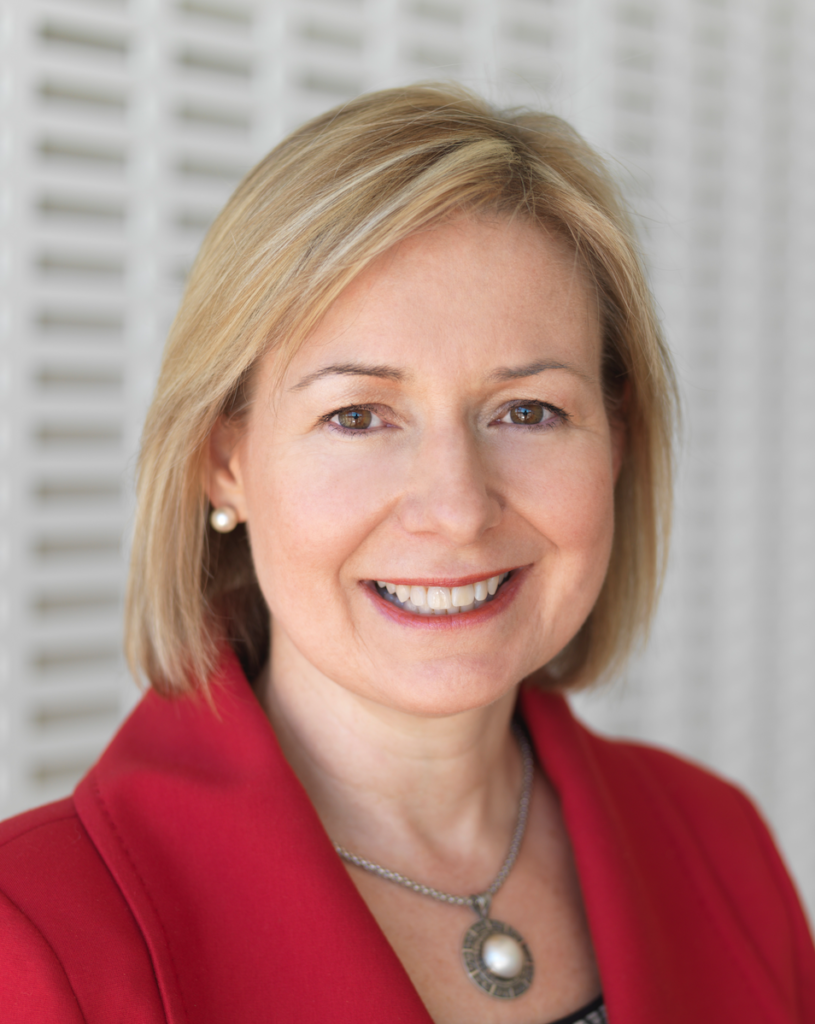
Rosalind W. Picard, Sc.D., FIEEE
Director of Affective Computing Research, Faculty Chair, MIT
Mind+Hand+Heart
Professor Rosalind W. Picard, Sc.D., FIEEE is founder and director of the Affective Computing Research Group at the Massachusetts Institute of Technology (MIT) Media Lab and founding faculty chair of MIT’s Mind+Hand+Heart Initiative. She has co-founded Affectiva, Inc. providing emotion AI technology, and Empatica, Inc. creating sensors and analytics to improve health. Empatica created the first AI-based smart watch, Embrace, cleared by FDA in Neurology (for monitoring seizures).
Brenda Curtis, PhD, MsPH
Chief, Technology and Translational Research Unit
NIH National Institute on Drug Abuse
The Curtis Lab pairs traditional methodologies with computational psychiatry to study the digital phenotypes of people who use drugs. Through clinical research, the Curtis lab intersects addiction treatment, computational psychiatry, and innovative technologies. Using natural-language processing, digital phenotyping, and deep learning, the lab focuses on enhancing precision assessment of substance use and behavioral predictors using intensive longitudinal data and integrating passive sensor data from smartphones and wearable devices.
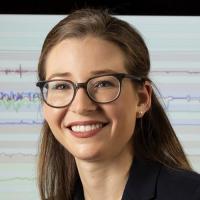
Jessilyn Dunn, PhD
Assistant Professor of Biomedical Engineering
Duke University Pratt School of Engineering
Dr. Dunn work focuses on developing new tools and infrastructure for multi-modal biomedical data integration to drive precision/personalized methods for early detection, intervention, and prevention of disease. Her research interests include the use of large-scale biomedical datasets to model and guide personalized therapies. Data sources include digital health/mobile health/wearable devices, multi-omics, and electronic health records.
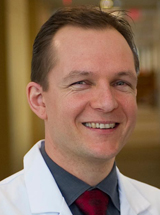
Carsten C. Skarke, MD
Adjunct Associate Professor of Medicine
University of Pennsylvania Perelman School of Medicine
Dr. Skarke is studying oscillatory functional networks in the human chronobiome under basal and perturbed conditions, the modulation of these oscillatory functional networks by sex and age and their deconsolidation by disease. Time-specific study paradigms integrate a broad array of multiomics, clinical and remote sensing outputs. These studies accomplish the time-specific deep phenotyping at unprecedented scale.

Dana Wolff-Hughes, PhD
Program Director, Risk Factor Assessment Branch
NIH NCI Epidemiology and Genomics Research Program
Dr. Wolff-Hughes currently serves as the NIH coordinator and NCI scientific contact for the NSF-NIH Smart and Connected Health Initiative. Additionally, she is a scientific contact on Funding Opportunity Announcements (FOAs) and Notices of Special Interest (NOSIs) focused on digital health and data science such as the validation of digital health and AI technologies NOSI.
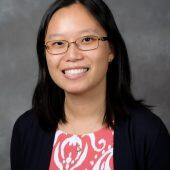
Emily Huang, PhD
Assistant Professor of Statistics
Wake Forest University
Dr. Huang’s research addresses novel questions and develops new approaches in causal inference and digital phenotyping. Her goal in causal inference is to go beyond the average treatment effect and investigate the question of the fraction who benefit from treatment in randomized trial analyses. Her current work aims to infer physical activity levels from the acceleration and angular velocity of smartphone movement in near real-time.
Luca Foschini, PhD
Co-Founder and Chief Data Scientist
Evidation Health
Dr. Foschini is a researcher, data scientist, and executive who has spent the last decade building intelligent systems to measure human health and behavior. He is the co-founder and Chief Data Scientist of Evidation Health. His research interests have been at the intersection of computer science and life sciences and include the development of efficient algorithms for collecting and analyzing massive time series data, machine learning methods for mining human metrics and bio-signals, and research on privacy and security.
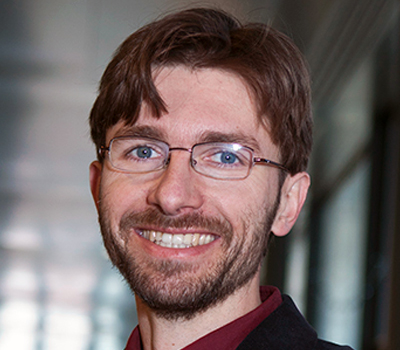
Krzysztof Gajos
Gordon McKay Professor of Computer Science
Harvard Paulson School of Engineering and Applied Sciences
Dr. Gajos leads the Intelligent Interactive Systems at Harvard. Currently, his group has the following focus areas: Principles and applications of intelligent interactive systems, behavioral research at scale, and design for equity and social justice. Dr. Gajos has developed the LabintheWild Platform and other tools for large-scale behavioral research to recruit unpaid online volunteers from all over the world to participate in behavioral studies in exchange for personalized feedback.
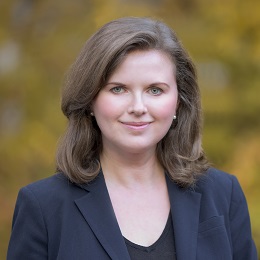
Lana Caron, MBA
Managing Partner
Philips Ventures
Lana Caron is Managing Partner at Philips Ventures, the venture capital arm of Philips, where she leads external innovation and investment activities, including strategy, scouting, partnership development and deal execution. Lana has over 20 years of experience at both start-ups and large tech companies, and has an established record of launching successful new ventures, raising capital and expanding business into new markets. She brings a combination of commercialization, product innovation, venture investing and business development experience across digital health, healthtech, medtech and consumer health.
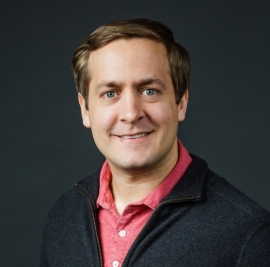
Ian Barnett, PhD
Assistant Professor of Biostatistic
University of Pennsylvania Perelman School of Medicine
Dr. Barnett conducts innovative methodological research in the analysis of correlated and incomplete data. He has worked on several exciting areas in biomedical data-science research, having developed novel statistical methods for large-scale genetic association analysis and for analysis of data from wearable devices and mobile health. Dr. Barnett has emerged as one of few statisticians on the forefront of digital phenotyping; his methodology has been widely applied in a range of efforts, from psychiatric disorders to patient monitoring after surgical recovery.

Giorgio Quer, PhD
Director of AI, Assistant Professor
Scripps Research
Dr. Quer is leading the Data Science and Analytics team in the Scripps Research Digital Trials Center, working on digital solutions for early detection of infectious diseases, monitoring maternal health, prediction of glycemic response, and screening of cardiovascular health. His research focuses on artificial intelligence and probabilistic modeling applied to data signals in healthcare, collected digitally with wearable sensors and in-app surveys, or extracted from EHR.
